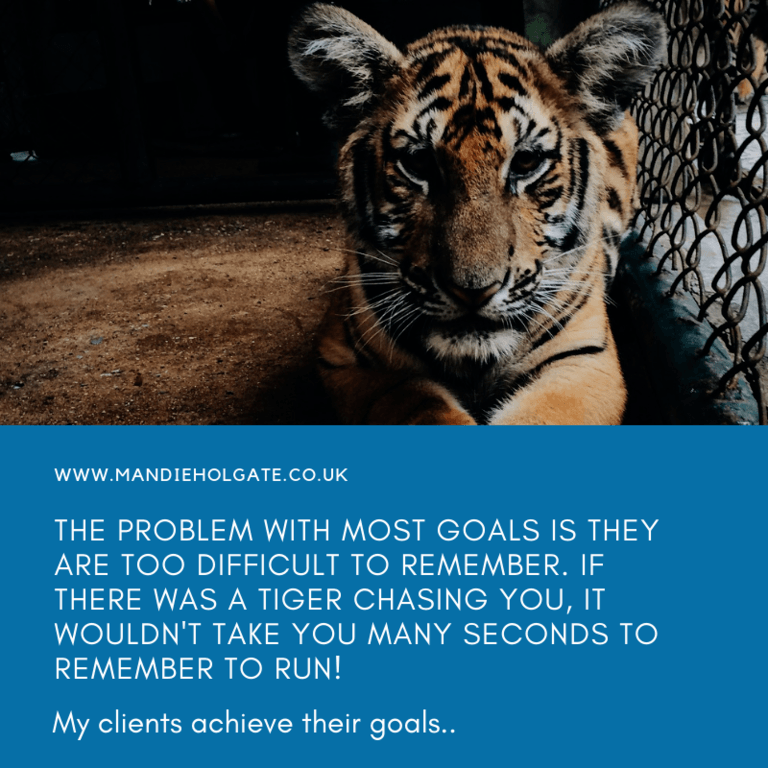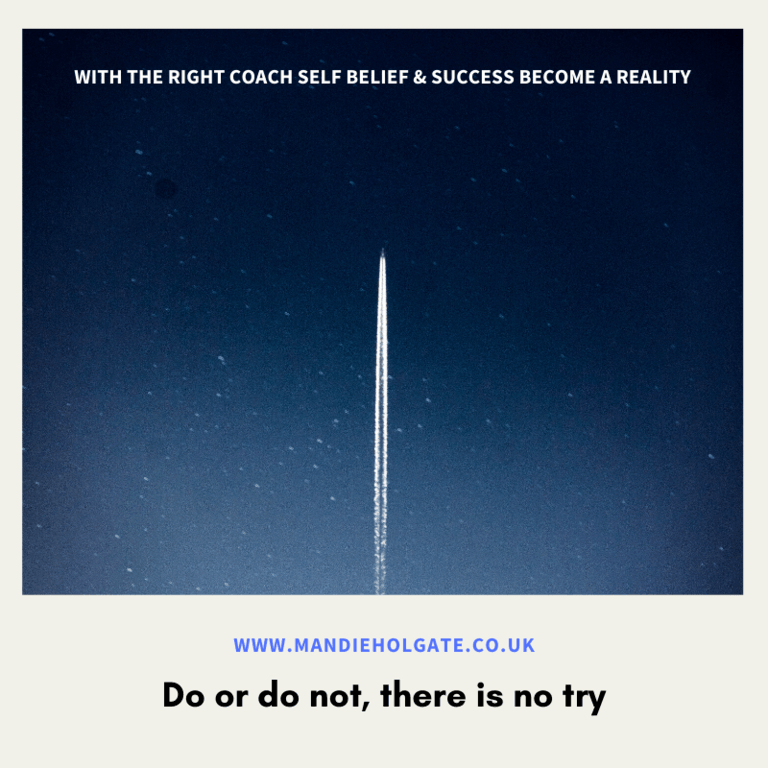How to Stop Living in Fear and Start Stepping out of Your Comfort Zone
My latest article for Life hack
Let me know what you do with this information. I hope it helps you too.
I think I may know why we are so obsessed with super heroes – good versus evil.
Good overcoming no matter what — no matter how big, scary or evil the arch enemy.
It’s because it symbolises how we wish it could be in the real world.
Imagine it…your life is now a movie…
You have music in the background because you are off to work/college/meet friends and your life is pretty normal (all appears well) then on screen, we get a few scenes where your life looks great.
You water your plants (or shrug at your ability to kill anything green), walk the dog, feed the fish, kick back with a good book or hugging a loved one on the sofa with a bucket of popcorn, then all hell breaks loose…
Within 20 minutes, if your life were a film you are feeling, like nothing could ever be the same again and that no one understands what you are going through.
Fear is not the word that springs to mind. It’s more likely to be:
- Why me?
- Life will never be good again.
- I can’t fight this.
- I don’t know where to start.
- This is too big.
- I can’t do this alone.
- My life is over.
- We are all doomed!
If your life were a movie, then it’s all fine (you really don’t need to worry) because at this stage in your film life, when life is so all consumingly going in the wrong way with no way out and death is likely imminent, along comes:
- A scientist who can’t necessarily get you back to “Normal” but can make you a nifty suit and help you become a super hero that everyone loves; after some quirky, funny and lesson learning scenes where you get a few things wrong but learn tons.
- A rich tycoon who already has a team of super heroes they secretly work with, can see true potential in you (after the “you’re rough around the edges kid” scene) they introduce you to the other superheroes and you learn that it doesn’t matter what you are like; you will find a network of people that will love respect, trust and help you.
- An evil so big that everything you’ve ever believed in as at risk of the worst case scenario, therefore no matter how petrified you are, you somehow find a way to save the world (and your pot plant, dog and/or loved one).
Okay back to reality.
Alas there are not many super heroes’ around (if you know otherwise – I can keep a secret), however I think we feel more than ever we need to feel that there is a solution.
Life is fun exciting, challenging (in a good way) fast paced, energised and a ton of other awesome things – but it’s also overwhelming, scary and sometimes feels like you are fighting a super villain and you don’t have the super hero kit to get through it.
I’ve never had a client ask me to help them make them a super hero, however I’ve had plenty ask me to help them feel more in control of their life – and I think that is something we all desire to some degree.
Control of our lives can be eradicated when we feel frightened, un-powerful and like we are trapped in our lives. And often the first sign that we actively recognize is a comfort zone or stress.
But if you think back to our super heroes, no matter how trapped they are, they always find a way out. A solution that no one ever thought could work and that’s often what coaching is about – coming to a problem and looking at it in a unique way that enables you to find solutions to fight fear and get out of your comfort zones. And you won’t need a scientist, a rich tycoon or a devastating intergalactically incident to find those solutions.
I want to share with you some of the winning techniques I’ve used with my clients to help you too.
1. Rethink the Question “Am I Weird?”
I’ve had so many clients ask me this question, I think I should call my next book “Am I weird”!
Everyone thinks that the way they are responding, acting, feeling and thinking is unique; that they are the only person to feel like they can’t face work or their friends or their day because of a fear or a comfort zone.
We all have times like this and it’s important to remember 2 things:
There is no such thing as normal in my book
Everyone is just who they are. It doesn’t need analysing, or questioning if you like who you are. Or if who you are serves you well, respects those around you. And if giving you the life, career and happiness you want, then no, it’s not weird. And it’s all good.
The issue becomes when you find yourself trying to compare your weirdness (or lack thereof) to everyone else and how that then impacts on you.
Weird is good
Check out the best characters in film, book or TV, and you are likely to see that someone else has tried to insult them with the term “weird”.
Weird is used when you want to suggest that someone or something is different. Different is not bad, the hard bit is finding the confidence to be who you are – to embrace your differences and your weirdness.
A little useful side note – according to the Oxford English Dictionary:[1]
“ Weird – The adjective (late Middle English) originally meant ‘having the power to control destiny’”
And who wouldn’t want that?
Truly, hear me when I say – embrace your weird.
2. Listen up
Just as the newly discovered super hero struggles to accept their super skills, limitations or fears, so do you have to do the same. And if you strip back any successful story (fictional or real), you will discover it’s not a magic potion or a superior race that enables the hero to achieve success, it starts with who they listen to.
How many times in your life have you heard yourself saying:
Why didn’t I listen to my gut instinct?
Why didn’t I listen to my Mum/Aunt/Friend/Boss?
Just as being weird in its original meaning meant to be able to control destiny until you can actually do that, you do need to learn who to listen and when to listen.
Here’s how to take action on this:
Listen to yourself (sometimes)
I was working with a client who told me that they could never upset the way things worked in their company. They couldn’t tell their boss they felt there was a better way! This meant that they felt trapped in their career, incapable of achieving more and like they weren’t meeting their true potential.
Enter frustration, anger, stress, work hatred and a sense of being trapped – if only they could get out of their comfort zone and tell their boss what they thought!
Learning to trust what they knew meant that they could rationalise and justify their thoughts and reasoning and work out what to do (if anything.)
We worked together to understand why they wanted to say something:
- Was there envy at the boss’s job or was this genuine belief that they knew a better way?
- Could they prove what they felt was possible and the benefits to those involved?
- Did they have ulterior motives that weren’t positive?
- What would be the best way to move forward and why would it work best for them?
If you need to learn to listen to yourself, start by asking questions (not looking for solutions) and you will start to ask some really smart questions that help you analyse your feelings, actions, etc without guilt, stress and other negative emotions getting in the way.
This process also allows you to find answers personalised to you. In my experience, so often it’s the silly little ideas that have the most power. Okay so Dumbo is not considered a super hero – but think back to Dumbo and his magic feather that enabled him to fly, was there any magic?
Nope, but there was a belief that the magic existed – this process helps you do that.
This process also enables you to know when your own thoughts are doing their best to keep you trapped. You can become your own Kryptonite telling yourself the most awful things (that are usually not even true!) So be cautious of what you say to yourself and the questioning will help you to become more aware of this.
Choose your network wisely
We’ve all trusted someone and later questioned “How could I have let that person have had an impact on my life, thoughts and actions?”
Back to weird being a good thing, right?
But the fact is the people you choose to spend your time with can in their selves become a powerful tool to getting out of your comfort zone – but could also trap you there!
So look out for the heroes in your life, that say things like:
- “What’s your thoughts on that? Do you think it’s a good idea?”
- “Where did your desire to do this come from?”
- “Do you really want that or are you hiding something from yourself?
- “Hang on a minute, you can do this, remember the time you did xxxx”
People that can supply you with evidence of your brilliance and who reinforce the positive and your goals, but also challenge your beliefs, thoughts and actions are like gold dust (or super hero serum.)
They will enable you to be able to take a step back and really understand why your comfort zones are controlling your life. They are there to celebrate your wins, appreciate your frustrations when it doesn’t go to plan and give you the faith and confidence to keep going – don’t think you can do it all on your own.
Everyone, even super heroes get an element of confidence from their network. It’s not all internal!
And look out for the super villains who say:
- “Are you sure you want to do that?”
- “That sounds like a lot of work, are you up to that?”
- “Why would you want to do that, I thought you loved your life/work/partner/house plant.”
- “You should tell them what you really think.”
People that make comments like these aren’t looking at it from your point of view, or with your ultimate wants and needs at the heart of their responses. They are seeing it from their perspective of life and their own limitations on what they feel can be achieved; and this influences the way they respond.
Yes, there are a few social vampires out there that will try and ruin your belief in anything better but, most super villains are far subtler than that.
3. Go Deeper
In life, we often get an inkling of what needs to change or feel like something is not right. If you dig deeper, you usually find it’s not the first thoughts that were the issue.
When I work with clients, the “Go deeper” exercise always (and I genuinely mean always!) produces the big Eureka moments. It’s almost as if they are hearing their own voice for the first time.
Here’s how to do it:
- Firstly start with a thought (any thought related to why you feel like there is a comfort zone or a fear) and write it down.
- Now write below it the answer to this question: “And that means?”
- Now below that ask yourself: “What does that mean?”
- Keep going asking further questions like:
- “So how does that affect me?”
- “What does that mean to me?”
- “Is that really what I think?”
- “If this is the case what does that mean I must believe?
- Does that serve me well?”
- What does that mean?”
This process enables you to really explore what’s going on in your brain and can be used in so many elements in your life.
4. Be Your Own Coach
I’ve worked with coaches and mentors for many years and I don’t think I could be without one to challenge me in the ways I’ve share with you.
After years of challenging questions and realities, creating goals and getting great results, I know to a degree I can coach myself. As one coach told me “Mandie, you don’t need anyone to kick your butt – you do it for yourself” That was a good session.
So sometimes, it’s enough to coach yourself. By taking on the role of your own coach, just give yourself a little time once a month where you actually challenge what you think.
Here’s a few ideas to help make that a powerful moment:
Free write
Don’t think about what you write, just let the pen go to the paper and write anything – in the random thinking there is often the right questions and thoughts to follow – if you create the space to do it.
If you crave order and structure, don’t free flow.
If you love art, then draw. If you hate numbers and lists, steer clear of them. You want to create a new way of thinking that is natural to you, not what you read in a book or heard in the office as “a good idea.”
Learn to explore your natural style. Ask yourself: When set a task, how do I love to work, think, explore, learn and act? This will guide you to the best approach to coaching yourself.
Create your own discipline
Do you need to diary time to be your own coach or is it enough to know that you want to do this and get results? Just like finding your natural style, you need to learn how you will create your own definition of discipline.
Get this wrong and you’re highly unlikely to be taking action in 3 months’ time!
Tell someone
I’ve seen some awesome planners laid out in many colours with lots of tabs and tons of ideas. But as that new client realized, great ideas are little use without action.
The first step to the action is to actually tell someone you are going to do it. Do you need to declare your goal online? Phone a friend or just stick a picture on your kitchen wall?
You will learn what makes you take action, which leads to our last idea…
5. Know When to Start And Stop
Knowing what to do and actually taking action and knowing when to stop and when to go for it are 2 very important skills.
If you take action on what we talked about today, you will not only challenge yourself, but also challenge those that can manipulate and mould you.
You will learn to trust and have faith. Llittle by little (not always – some clients see massive levels of change after just a couple of hours), you will step out of your comfort zone. As I described it to one client years ago:
“Some people like to slowly step out of their comfort zones and others like to leap so far out that they can’t see it any more. Learn to know which you are.”
Neither is wrong, neither is right. Some people like big challenges, big goals and big actions; others like no one to know what they aim to challenge but quietly work through their action plan to achieve it.
The true super hero in any film learns to know what works for them, accept it, love and go for it. And they don’t need a scientist, a tycoon or super villains either.
Reference
| [1] | ^ | Oxford English Dictionary: Weird |





